


 id you ever have an experience that turned your whole world upside down? Maybe you saw a ghost or a UFO. Perhaps you had an unusual, vivid dream that seemed real. Maybe you suddenly knew that a certain event was going to happen in the future. Or, perhaps you saw a creature or a being that did not fit the description of anything known in the natural world. At first you might have thought your imagination was playing tricks on you. Then, perhaps, you wondered about what you experienced and went looking for an explanation.
id you ever have an experience that turned your whole world upside down? Maybe you saw a ghost or a UFO. Perhaps you had an unusual, vivid dream that seemed real. Maybe you suddenly knew that a certain event was going to happen in the future. Or, perhaps you saw a creature or a being that did not fit the description of anything known in the natural world. At first you might have thought your imagination was playing tricks on you. Then, perhaps, you wondered about what you experienced and went looking for an explanation.
Every day and night people have experiences they can't explain. For many people these events are life changing. Their comfort zone of what they can accept as "real" is put to the test. It takes only one such experience for people to question the reality of the mysterious worlds that might exist beyond the one we live in. Perhaps you haven't encountered the unknown, but you have an intense curiosity about it. Either way, by picking up this book, you've started an adventure to explore and learn more, and you've come to the right place! The book you hold has been written by a leading expert in the paranormal-someone who understands unusual experiences and who knows the answers to your questions.
As a seeker of knowledge, you have plenty of company. Mythology, folklore, and records of the past show that human beings have had paranormal experiences throughout history. Even prehistoric cave paintings and gravesites indicate that early humans had concepts of the supernatural and of an afterlife. Humans have always sought to understand paranormal experiences and to put them into a frame of reference that makes sense to us in our daily lives. Some of the greatest minds in history have grappled with questions about the paranormal. For example, Greek philosopher Plato pondered the nature of dreams and how we "travel" during them. Isaac Newton was interested in the esoteric study of alchemy, which has magical elements, and St. Thomas Aquinas explored the nature of angels and spirits. Philosopher William James joined organizations dedicated to psychical research; and even the inventor of the light bulb, Thomas Alva Edison, wanted to build a device that could talk to the dead. More recently, physicists such as David Bohm, Stephen Hawking, William Tiller, and Michio Kaku have developed ideas that may help explain how and why paranormal phenomena happen, and neuroscience researchers like Michael Persinger have explored the nature of consciousness.
Exactly what is a paranormal experience or phenomenon? "Para" is derived from a Latin term for "beyond." So "paranormal" means "beyond normal," or things that do not fit what we experience through our five senses alone and which do not follow the laws we observe in nature and in science. Paranormal experiences and phenomena run the gamut from the awesome and marvelous, such as angels and miracles, to the downright terrifying, such as vampires and werewolves.
Paranormal experiences have been consistent throughout the ages, but explanations of them have changed as societies, cultures, and technologies have changed. For example, our ancestors were much closer to the invisible realms. In times when life was simpler, they saw, felt, and experienced other realities on a daily basis. When night fell, the darkness was thick and quiet, and it was easier to see unusual things, such as ghosts. They had no electricity to keep the night lit up. They had no media for constant communication and entertainment. Travel was difficult. They had more time to notice subtle things that were just beyond their ordinary senses. Few doubted their experiences. They accepted the invisible realms as an extension of ordinary life.
Today, we have many distractions. We are constantly busy, from the time we wake up until we go to bed. The world is full of light and noise 24 hours a day, seven days a week. We have television, the Internet, computer games, and cell phones to keep us busy, busy, busy. We are ruled by technology and science. Yet, we still have paranormal experiences very similar to those of our ancestors. Because these occurrences do not fit neatly into science and technology, many people think they are illusions, and there are plenty of skeptics always ready to debunk the paranormal and reinforce that idea.
In roughly the past 100 years, though, some scientists have studied the paranormal and attempted to find scientific evidence for it. Psychic phenomena have proven difficult to observe and measure according to scientific standards. However, lack of scientific proof does not mean paranormal experiences do not happen. Courageous scientists are still looking for bridges between science and the supernatural.
My personal experiences are behind my lifelong study of the paranormal. Like many children I had invisible playmates when I was very young, and I saw strange lights in the yard and woods that I instinctively knew were the nature spirits who lived there. Children seem to be very open to paranormal phenomena, but their ability to have these experiences often fades away as they become more involved in the outside world, or, perhaps, as adults tell them not to believe in what they experience, that it's only in their imagination. Even when I was very young, I was puzzled that other people would tell me with great authority that I did not experience what I knew I did.

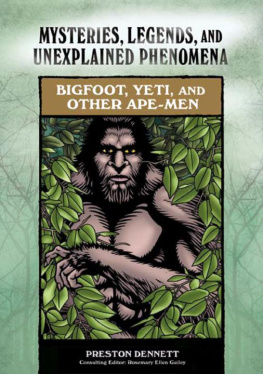
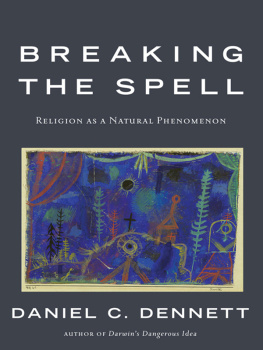
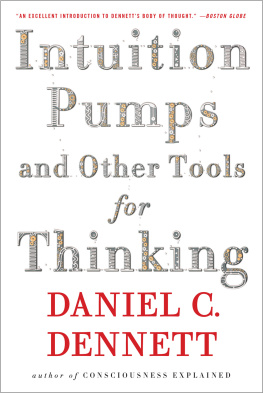
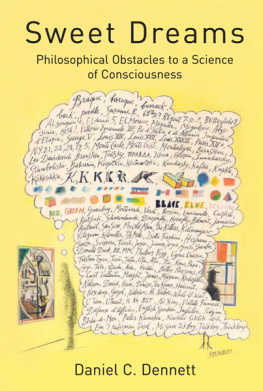
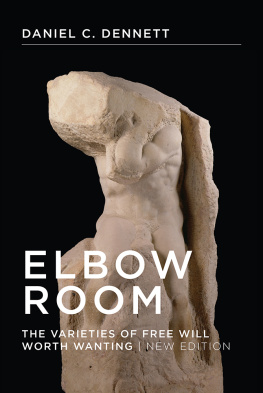

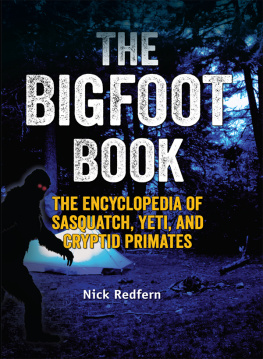
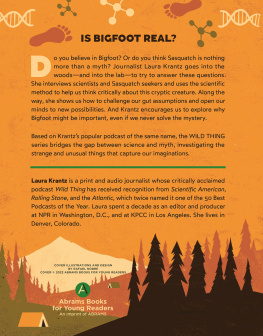
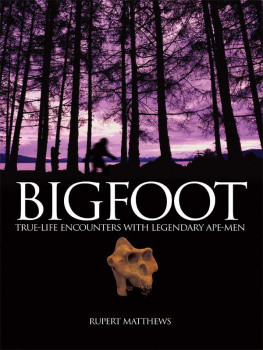
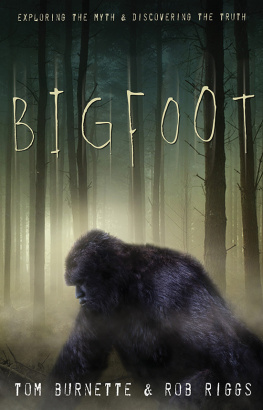

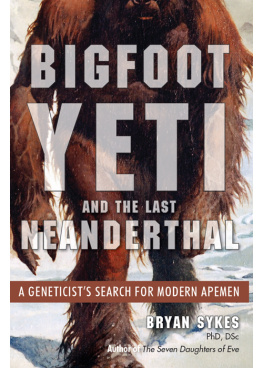
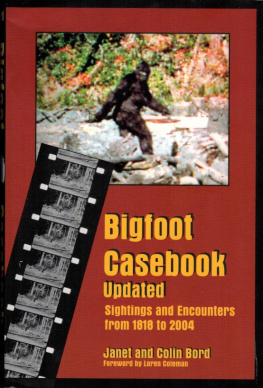
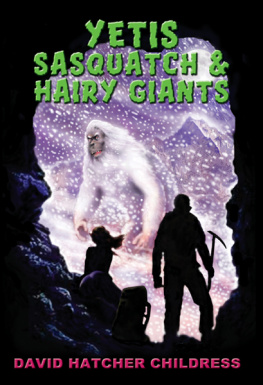
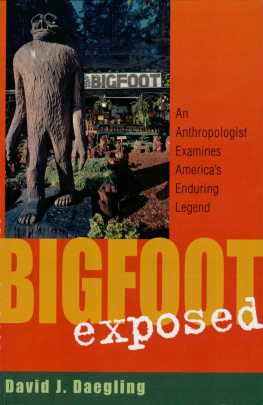
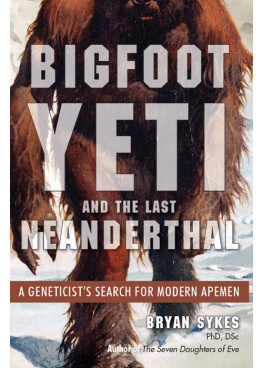
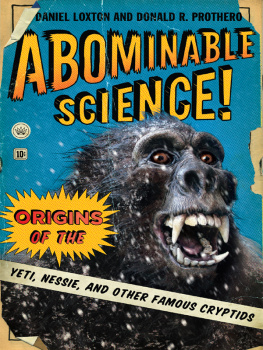
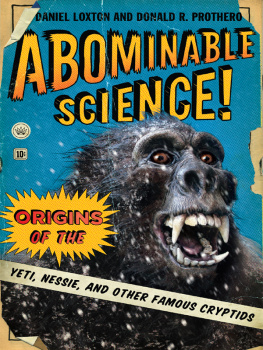









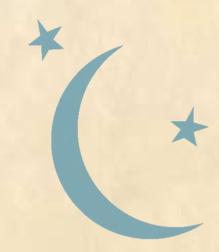
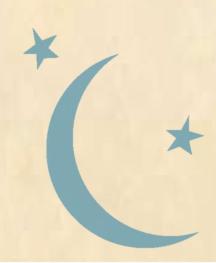
 id you ever have an experience that turned your whole world upside down? Maybe you saw a ghost or a UFO. Perhaps you had an unusual, vivid dream that seemed real. Maybe you suddenly knew that a certain event was going to happen in the future. Or, perhaps you saw a creature or a being that did not fit the description of anything known in the natural world. At first you might have thought your imagination was playing tricks on you. Then, perhaps, you wondered about what you experienced and went looking for an explanation.
id you ever have an experience that turned your whole world upside down? Maybe you saw a ghost or a UFO. Perhaps you had an unusual, vivid dream that seemed real. Maybe you suddenly knew that a certain event was going to happen in the future. Or, perhaps you saw a creature or a being that did not fit the description of anything known in the natural world. At first you might have thought your imagination was playing tricks on you. Then, perhaps, you wondered about what you experienced and went looking for an explanation.